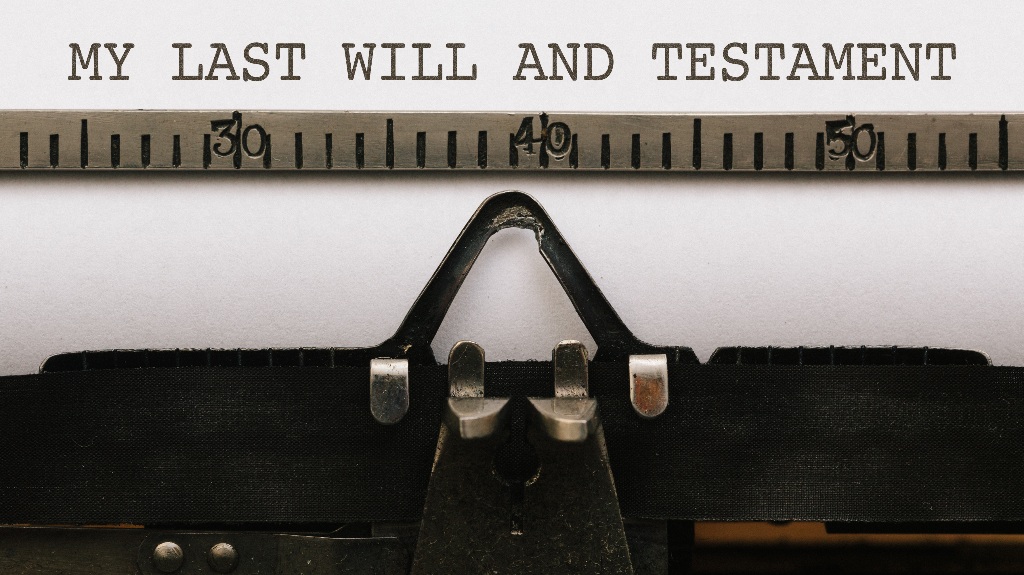Many people who write wills place the document in a safe, safety deposit box, or other secure location and forget about it, leaving it for loved ones to pull out after they pass away. However, a person’s will can become outdated over the years as their wishes change, executors or beneficiaries pass away, the composition of the estate changes, or the government updates or adds new laws. But what happens if you die with an “outdated” will?
Validity of the Will
First, wills do not become invalid simply because the person created the will years or decades ago. When a person passes away in their 70s, having left a will they wrote in their 20s, the courts may enforce the will to the extent practicable. However, when a petitioner presents a decedent’s will written decades ago, the court may ask whether the decedent wrote a more recent will. Courts will enforce a decedent’s most recently written will unless the decedent executed a codicil revoking a more recent will and reinstating an older will.
Potential Problems with an Outdated Will
When a person fails to review and update their will for years or decades, their family members can run into various problems trying to enforce the will, such as:
- Unintended beneficiaries: An outdated will may provide bequests to deceased individuals, estranged family members, or ex-spouses.
- Omitting heirs: When a will makes bequests to specifically named individuals rather than grouping family members (i.e., leaving inheritances to “my children Jack, Jane, and John” rather than simply “my children”), the birth of new family members may result in their omission from an outdated will.
- Outdated asset descriptions: Outdated wills may leave specific assets that the decedent no longer owns, such as parcels of real estate, or the will may leave particular bequests of cash that exceed the estate’s value.
- Executor issues: A will may name an executor who has already died or become incapacitated or who does not want to serve (such as due to a falling out with the decedent).
These problems can delay and complicate the estate administration process, frequently requiring court intervention and litigation to find solutions.
What Courts May Do
When a court must enforce an outdated will, it may consider the will in its entirety along with evidence and testimony to determine the decedent’s intent to interpret outdated or ambiguous provisions to fulfill the decedent’s intent. Alternatively, when outdated will provisions leave estate assets undistributed, courts may rely on intestate succession laws to determine who will inherit those assets. When a named executor cannot or will not serve, the court may appoint someone else (usually another willing family member) to serve as administrator of the decedent’s estate.

How to Prevent These Issues
You can avoid leaving an “outdated” will by periodically reviewing your will or review your will after significant life events like the birth of children, marriage, divorce, or the purchase or sale of high-value assets, and updating the will as necessary to reflect your present wishes or changes to your family, financial situation, or applicable laws.
You can also consult an estate planning attorney to ensure you keep your will updated or to discuss other estate planning alternatives that can avoid an outdated will, such as trusts or beneficiary designations.
Contact an Estate Planning Lawyer Today
Working with an experienced lawyer throughout your life can help avoid a situation where you leave an “outdated” will. Contact Carroll Law Group, PLLC, today for a confidential consultation with an estate planning attorney to learn more about the consequences of passing away without updating your will and what steps you can take to ensure your estate plan reflects your wishes and goals.

